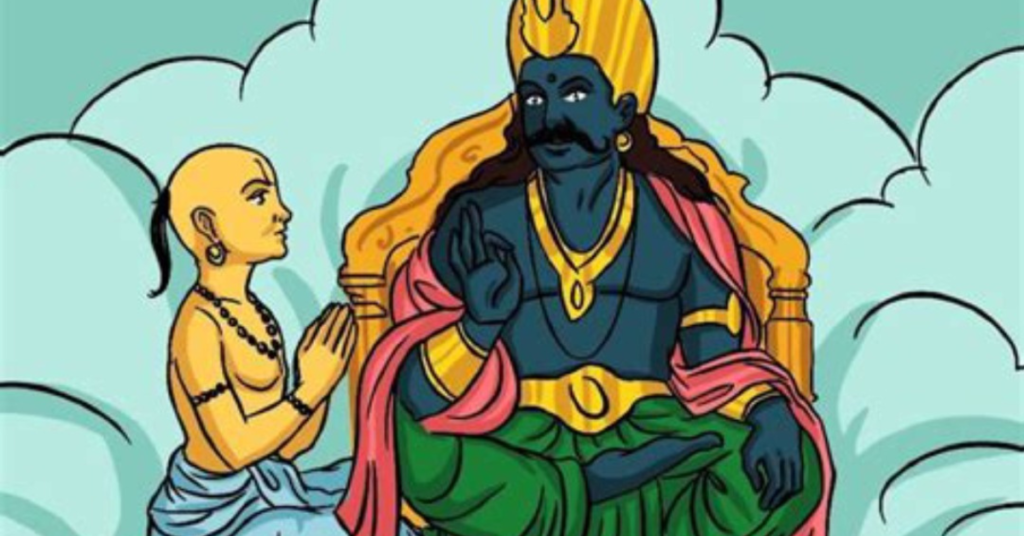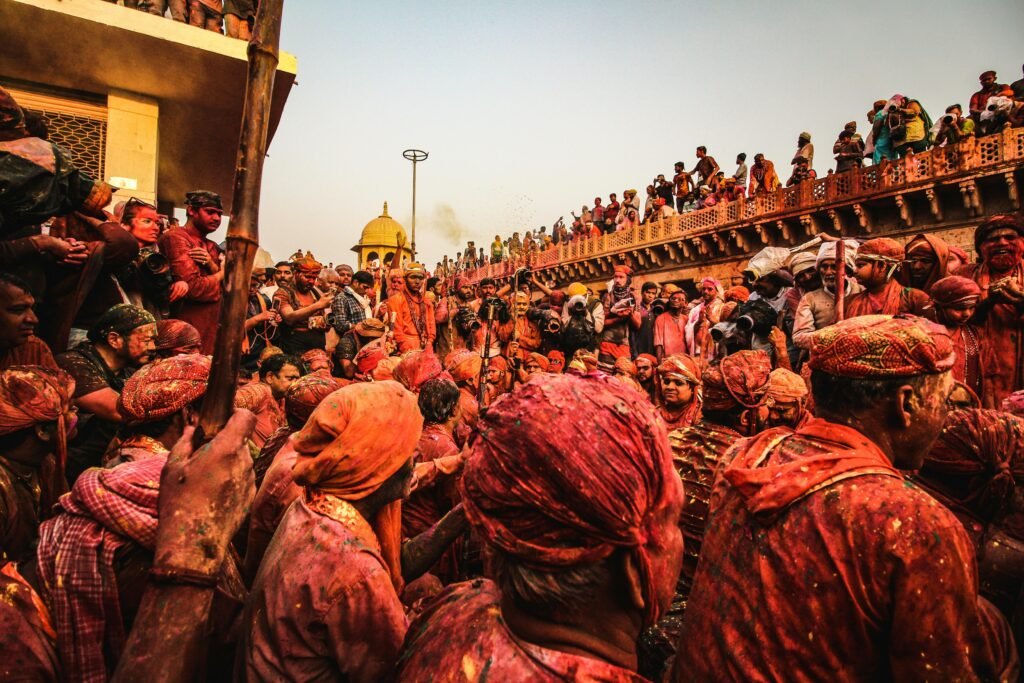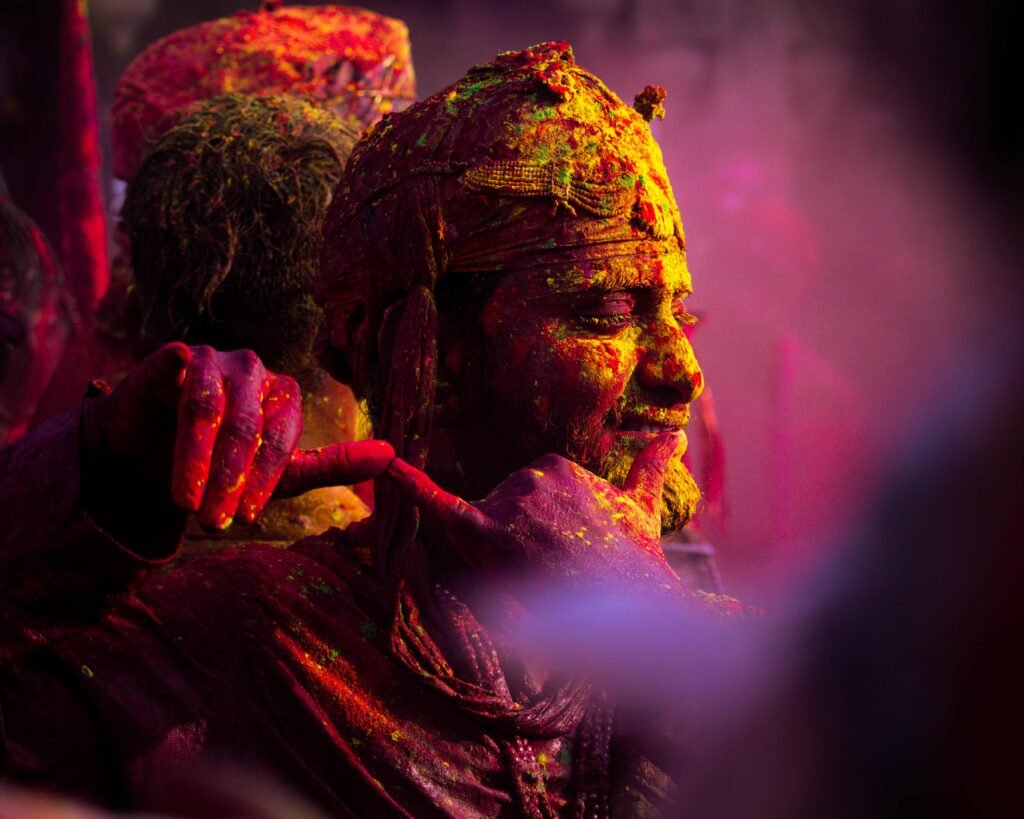
Once upon a time, in the sacred texts of the Katha Upanishad, shines a story of pure courage—Nachiketa and Yama.
Nachiketa was a young boy, just like any curious soul seeking answers. One day, he saw his father giving away old, weak cows as part of a ritual offering. The young boy questioned this false charity. “Father,” he asked, “To whom will you give me?” His father, annoyed, shouted, “To Yama, the god of death!”
Most children would be terrified. But Nachiketa? He took his father’s words seriously and went to meet Yama himself.
At Yama’s doorstep, he waited. And waited. For three days. Without food or water. When Yama finally arrived, he felt sorry for the boy and offered him three boons.
For his first wish, Nachiketa asked for peace at home. For his second, he asked to learn a sacred fire ritual. And for the third, he asked the biggest question of all:“What happens after death?”
Yama tried to distract him. Offered riches, a long life, even heavenly pleasures. But Nachiketa stood firm. “Only the truth will satisfy me,” he said.
Impressed by his focus and purity, Yama revealed secrets of the soul—that our true self (Atman) is eternal, beyond birth and death.That realization leads to moksha, or spiritual freedom.
This story of Nachiketa and Yama is not just about death—it’s about life. It tells us to ask big questions. To be fearless. And to seek truth, even when it’s hard.
You, too, have that seeker within. In moments of doubt, remember little Nachiketa. He walked into the house of death—not with fear, but with faith.
Because the deepest answers come only to those brave enough to ask.


